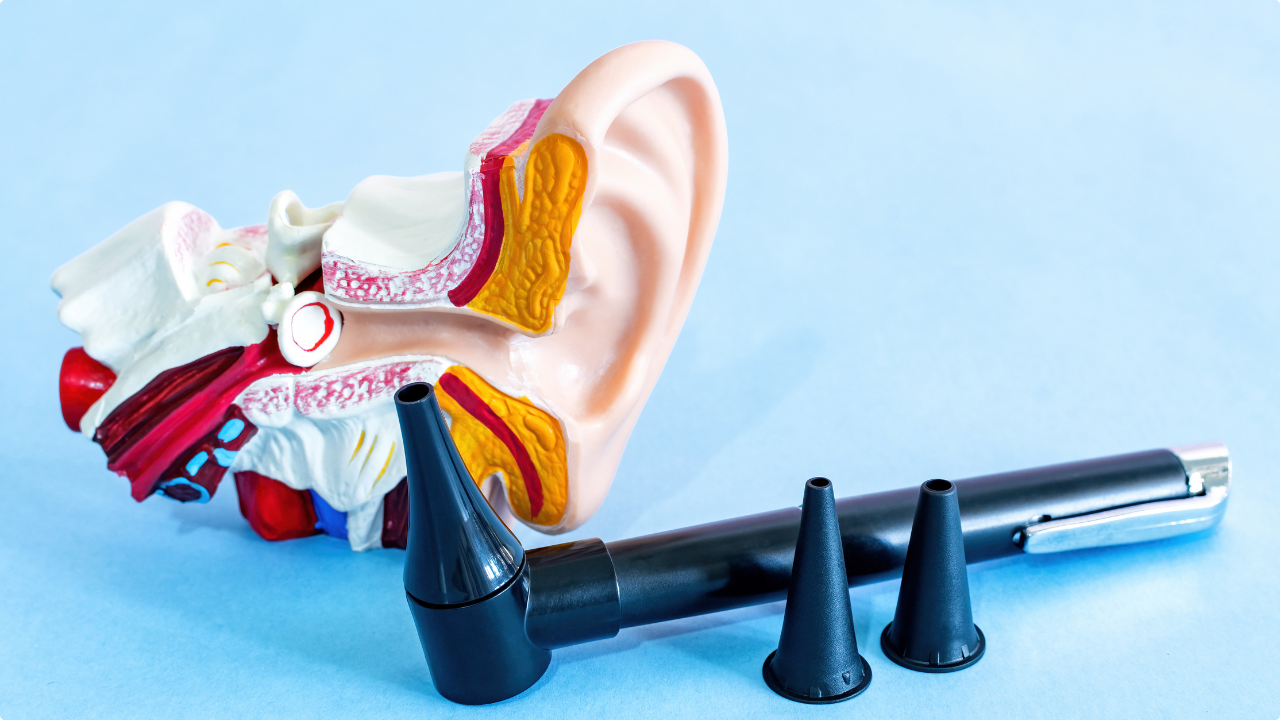
Tinnitus refers to a condition in which the perception of noise in the ears or in the head even there is no external stimulus. Several factors can lead to tinnitus, ranging from exposure from loud noises, ear loss, certain drugs, head or neck injuries, and underlying medical conditions.
Click to visit official websiteSymptoms of tinnitus can vary widely among individuals, but common experiences involve a ringing , sometimes described as roaring, clicking, or whistling, the perception being louder at night or in quiet environments, and a sense of pressure in the ears.
Treatment options for tinnitus often focus on reducing the symptoms and improving the quality of life. These treatments can include sound therapy using white noise machines or nature sounds, cognitive-behavioral therapy (CBT) to modify how one responds to the tinnitus, hearing aids if there is associated hearing loss, and in some cases, prescription drugs to address any medical conditions contributing to the tinnitus.
Managing Tinnitus: Strategies for Coping and Support Networks
Tinnitus, the perception of ringing or other sounds in the ears without an external source, can be a difficult condition to live with. While there is no cure for tinnitus, a variety of approaches can help you manage its effects. Some effective approaches include sound masking, relaxation techniques such as meditation, and lifestyle changes like reducing stress.
Joining a network of others with tinnitus can also be incredibly valuable. Sharing your stories with others who empathize with you can provide mental relief. Additionally, connecting with a doctor specializing in tinnitus can help you explore coping strategies tailored to your specific needs.
Tinnitus Relief: Exploring Alternative Therapies
Dealing with chronic buzzing in the ears can be incredibly frustrating. While traditional treatments like medication and sound therapy often provide some relief, many individuals seek out alternative approaches to manage their tinnitus. These methods emphasize natural remedies and lifestyle changes to address the underlying causes of tinnitus and promote overall well-being. Acupuncture, for instance, incorporates fine needles inserted at specific points in the body to restore energy flow and reduce inflammation, potentially alleviating tinnitus symptoms. Similarly, mindfulness practices can help individuals manage stress and anxiety, which are often linked to tinnitus severity. By exploring these alternative therapies, individuals can discover personalized strategies to cope with tinnitus and improve their quality of life.
Understanding Tinnitus: Exploring the Latest Research and Emerging Therapies
Tinnitus, a phenomenon characterized by imaginary sounds in the absence of an external source, affects millions worldwide. While the exact causes of tinnitus remain elusive, scientists are making strides in understanding its mechanisms.
Current research suggests that tinnitus may arise from impairment to the auditory system, such as the inner ear, auditory nerve, and brain. Studies have also identified potential links between tinnitus and conditions like hearing loss, head injuries, and certain medications.
Future research directions aim to elucidate the neurological basis of tinnitus, develop more effective website therapies, and improve the well-being of individuals living with this debilitating condition. This may involve examining novel treatment strategies, such as sound therapy, and harnessing advancements in fields like genetics and neuroscience.
Tinnitus's Hidden Burden: A Look at its Mental Health Effects
Tinnitus, the perception/experience/feeling of noise in the absence of an external source/stimulus/sound, can have a profound impact/influence/effect on mental health. While often considered/viewed/perceived as a purely physical condition, tinnitus can trigger/cause/lead to feelings of anxiety/frustration/isolation. The constant presence of this phantom noise can disrupt/interfere with/affect sleep, concentration, and overall well-being/quality of life/happiness. Individuals with tinnitus may also experience/feel/suffer from depression/mood swings/low self-esteem, as the condition can make them feel/leave them feeling/result in feelings of helplessness/insecurity/hopelessness.
- Furthermore/Additionally/Moreover, tinnitus can strain/burden/tax relationships, as the constant noise can be difficult/challenging/trying to live with for both the individual and their loved ones.
- As a result/Consequently/Therefore, it is essential to address the mental health implications/consequences/effects of tinnitus alongside its physical symptoms.
When Sound Disappears: Tinnitus and Hearing Loss
Tinnitus, a constant hum of your ears, can be a perplexing indication of underlying issues. It often appears alongside hearing loss, a gradual decline in auditory perception. This pairing can significantly impact overall well-being, making it essential to understand the link between them.
- Hearing loss can stem from damage to delicate hair cells in the ear
- Early detection of tinnitus and hearing loss is paramount.
- Management strategies exist to alleviate these issues.